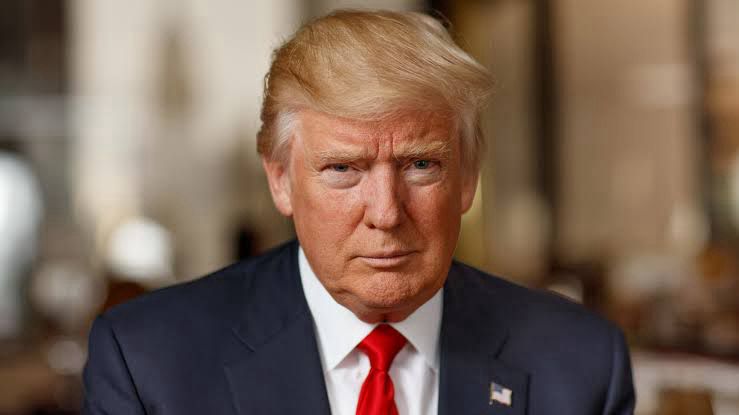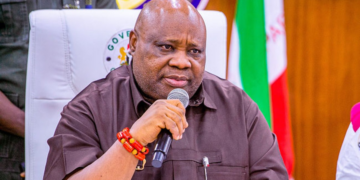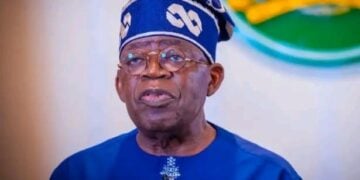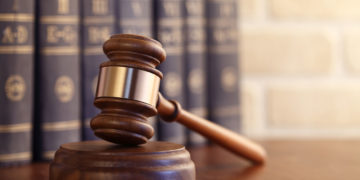Manhattan prosecutors, on Tuesday, rejected President-elect Donald J. Trump’s request to dismiss his criminal conviction following his electoral victory, instead suggesting a potential four-year freeze of the case while he served as president.
This marked a pivotal legal development as Mr. Trump prepared to become the first convict to hold the United States highest office.
In a letter addressed to Judge Juan M. Merchan, the Manhattan District Attorney’s office reaffirmed the jury’s conviction of Mr. Trump for falsifying records to conceal a sex scandal. Prosecutors emphasized their respect for the presidency while acknowledging the extraordinary nature of the situation.
“The people deeply respect the office of the president, are mindful of the demands and obligations of the presidency, and acknowledge that defendant’s inauguration will raise unprecedented legal questions,” the prosecutors wrote. They further underscored the importance of the jury’s role, stating, “We also deeply respect the fundamental role of the jury in our constitutional system.”
The district attorney, Alvin L. Bragg, faced a challenging decision: dismiss the case entirely, which could alienate his liberal Manhattan supporters, or propose a pause, risking backlash from Mr. Trump and a potential legal challenge. After a week of deliberation, Mr. Bragg opted to uphold the jury’s verdict while signaling a willingness to consider a temporary suspension of proceedings during Mr. Trump’s term.
The freeze proposal aimed to balance legal obligations with the demands of the presidency, but Mr. Trump’s legal team is expected to contest it vigorously. Last week, his lawyers hinted at a Supreme Court challenge, arguing that dismissing the case would “avoid unconstitutional impediments to President Trump’s ability to govern.” They added that such a move was “in the interests of justice.”
The legal battle is likely to overshadow Mr. Trump’s second term, with sentencing—originally scheduled for next week—now delayed indefinitely. The case could ultimately reach the U.S. Supreme Court, setting the stage for a historic legal showdown.
As the first prosecutor in U.S. history to indict and convict a former president, Mr. Bragg’s handling of the case continued to draw national attention, highlighting the unprecedented intersection of criminal law and the presidency.











